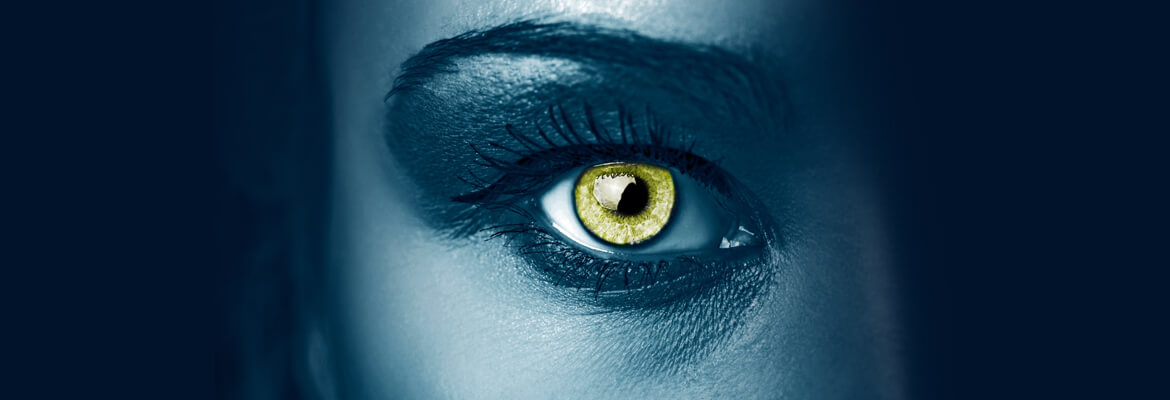10
2021
EYE HEALTH AND BLUE LIGHT EXPOSURE

Eye health and blue light exposure
What is blue light? It is the visible light spectrum with the shortest wavelength and high amounts of energy, similar to ultraviolet rays. The largest main source is sunlight; but you also get it from LED light, flat screen, computer screens, your phones and fluorescent lights. On one hand, it is needed for your health, as it will boost memory, and affect cognitive function, moods, eye-fatigue, eye-dryness, improve circadian rhythm. However, too much exposure and over a period of time is detrimental.
Here is why –
- It does affect sleep cycles (exposure signals pineal gland to suppress melatonin production), and being tired during the day.
- Over time it can damage retinal cells, lead to changes in vision and will accelerate age-related eye issues.
- Our eyes are not great at blocking blue light, and all of it passes through the cornea and reaches the retina.
- It definitely increases macular degeneration, which eventually will lead to vision loss.
- It does cause dry eyes.
- Blue light affects the circadian rhythm, and will make it more difficult for you to sleep.
- It puts you at risk for eye- related issues and diseases.
How to help yourself from lesser exposure to blue light?
- It helps to decrease usage of the television, phones and the computer by decreasing screen time (especially at night).
- Use an anti-reflective lens for digital stuff you use.
- Use computer glasses, with yellow-tinted lenses that block the blue light.
- Replace fluorescent light bulbs with softer yellow lights.
Your eye health and the liver
Your eyes are also a sign of liver health, we often don’t look at our eyes from an organ perspective; but the liver manifests in the eyes (Traditional Chinese Medicine). So when looking at eye health, one must also start addressing foods that enhance liver health. While minimizing blue light exposure, is essential; eating for eye health is also equally important.
Foods that enhance eye health –
- Keep your base diet of whole grains in-place: brown rice and millets (rich in zinc needed for the eyes).
- Add plenty of vegetables, especially coloured vegetables that are great for the eyes; these are loaded with carotenoids like lutein (zucchini, brussels sprouts) and zeaxanthin (eggs) that help protect eye-related like macular degeneration. All your dark leafy greens will help. They will also benefit the liver, which in turn will help the eyes.
- Include omega-3 fatty acids from oily fish, nuts, chia and flax seeds.
- Vitamin C-rich foods (all citrus fruits).
- All foods with beta carotene convert to Vitamin A, if deficiencies occur that will affect the supply of rhodopsin that is very important for vision at night or vision when the light outside is not enough. Sweet potatoes are also loaded with Vitamin A.
- Foods rich in zinc: Legumes (lentils), seeds, nuts, green beans, potatoes, dark chocolate.
- Including bitter and sour foods for liver health: lime, green apples, rocket leaves, radish, mustard, fenugreek (methi), tamarind, kokum. These if included in foods and cooking will also augment liver health.
Lifestyle exercises for eye health
Doing Tratak daily which is a yoga practice (https://bit.ly/2MV8ta9) really helps.
